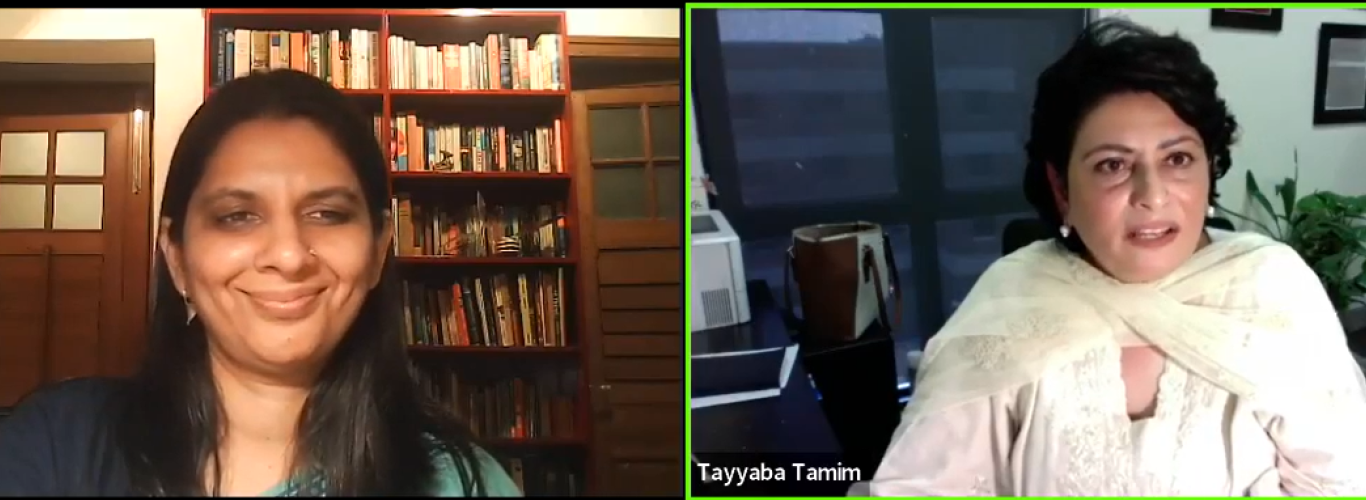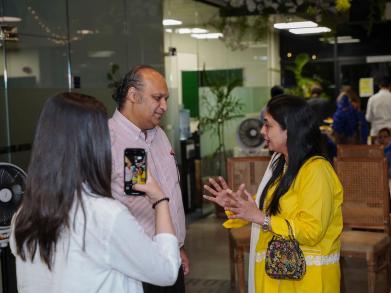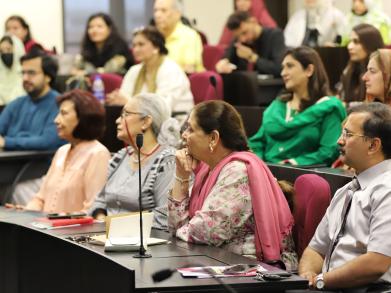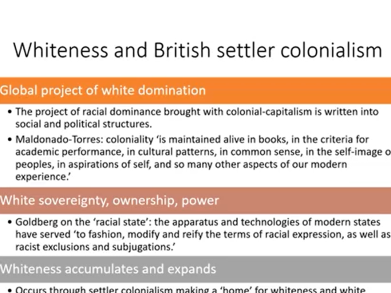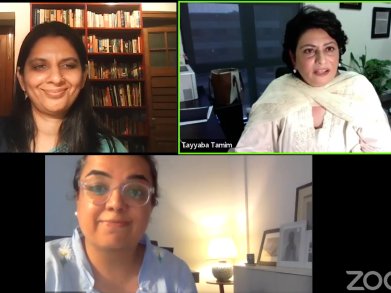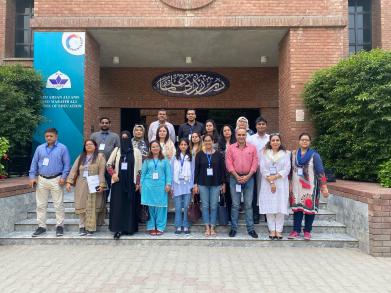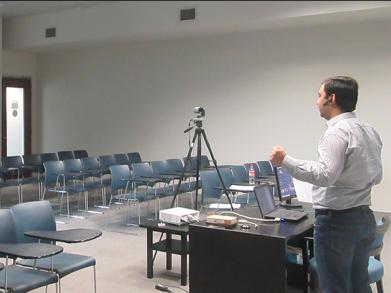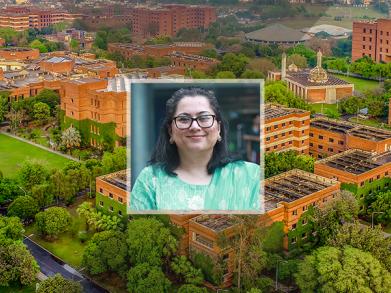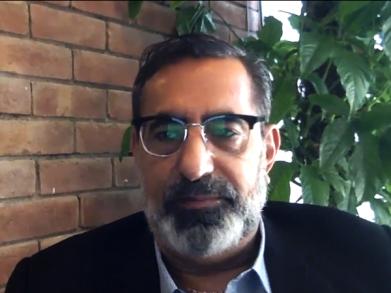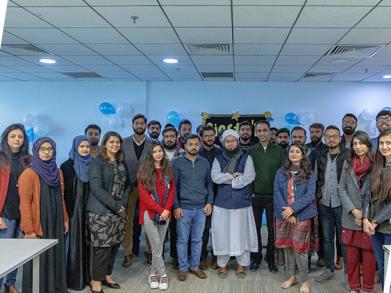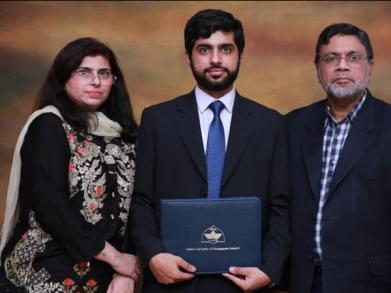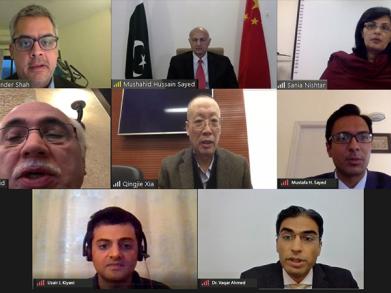Rewriting the Grammar of the Education System: A Case Study from India
Speaker: Ms. Yamini Aiyar
Moderators: Dr Tayyaba Tamim, Dr Rabea Malik
Ms. Yamini Aiyar, President and Chief Executive, Centre for Policy Research (CPR) extensively discussed the various challenges that are faced in implementing an education reform. She highlighted the research findings of an ethnographic study, conducted in India to understand the education matrix at primary level. The key findings revealed that bringing systemic changes require a deep-rooted analysis of the stakeholders involved in the administrative setup. She explained that in a low-capacity state, these challenges are more pronounced. To assess the various causes, a deep qualitative, ethnographic study was conducted to trace the implementation of education reform in the state of Delhi, India. Ms Yamini Ayer shed light on bureaucratic hurdles faced along the way in the implementation of a system wide reform. The ethnographic study suggested that the school administration registered their concerns pertaining to the way reform is taken forward. The school administration, which is a key stakeholder in the reform process expressed that there is a lack of inclusive decision-making, and the orders come from the top echelon. The school administrators who were interviewed mentioned that the higher-ups constantly order them and decision-making is not inclusive. The case study revealed that the schools face a lot of external pressure, which leaves less room for the school staff to implement their own ideas and observations. The teachers feel they do not have much autonomy and their competence is constantly judged. This moves ‘organizational purpose’ far away from the classroom and actual action. The way forward as discussed by Ms. Yamini is to restructure the way reform is implemented. There have to be reform changers from within the school system, as those who stay in the system are able to shift the gear. The levers of change as described by her, included investment in relationship building, regularity of interaction, and nurturing disruptive change agents. Reforms therefore, should put key focus on inclusion and diversity for them to have sustainable changes.




